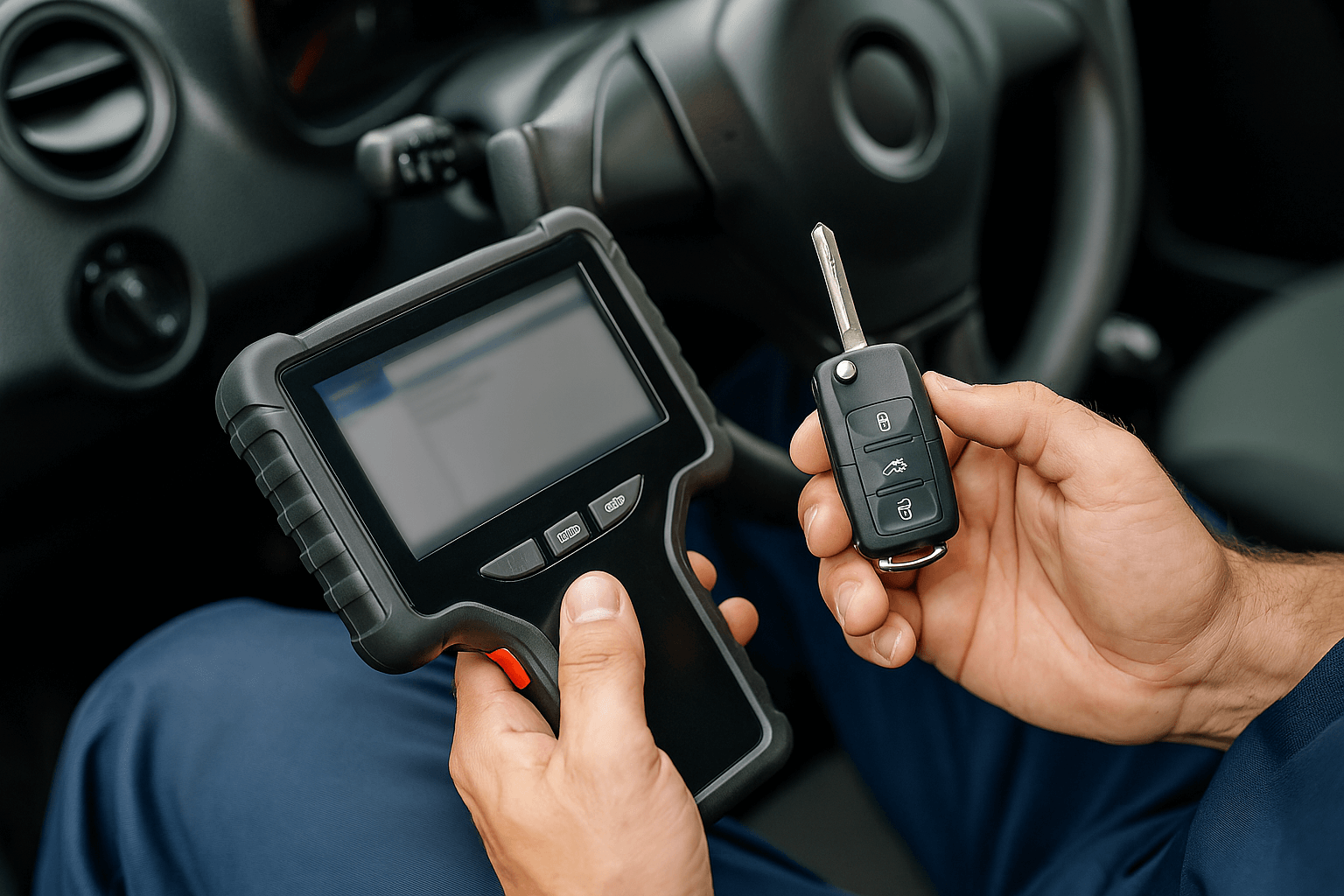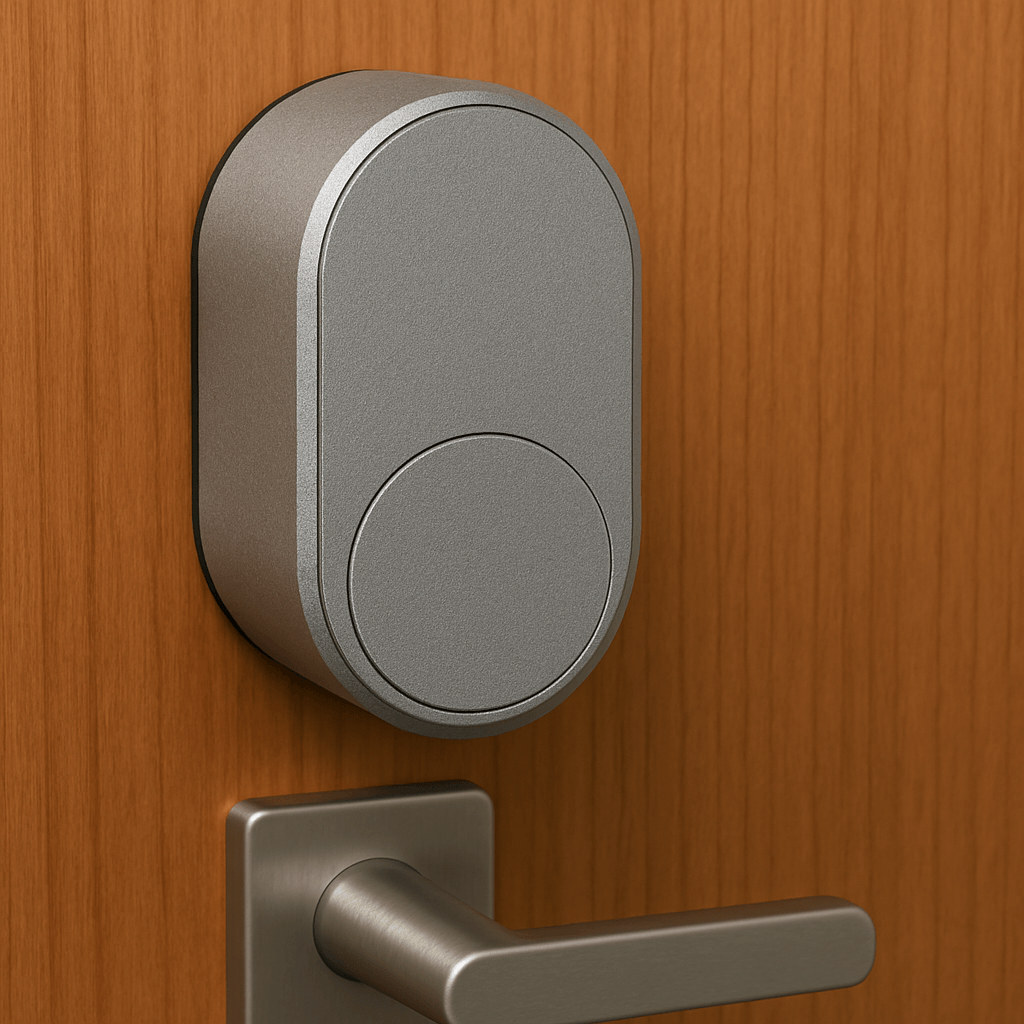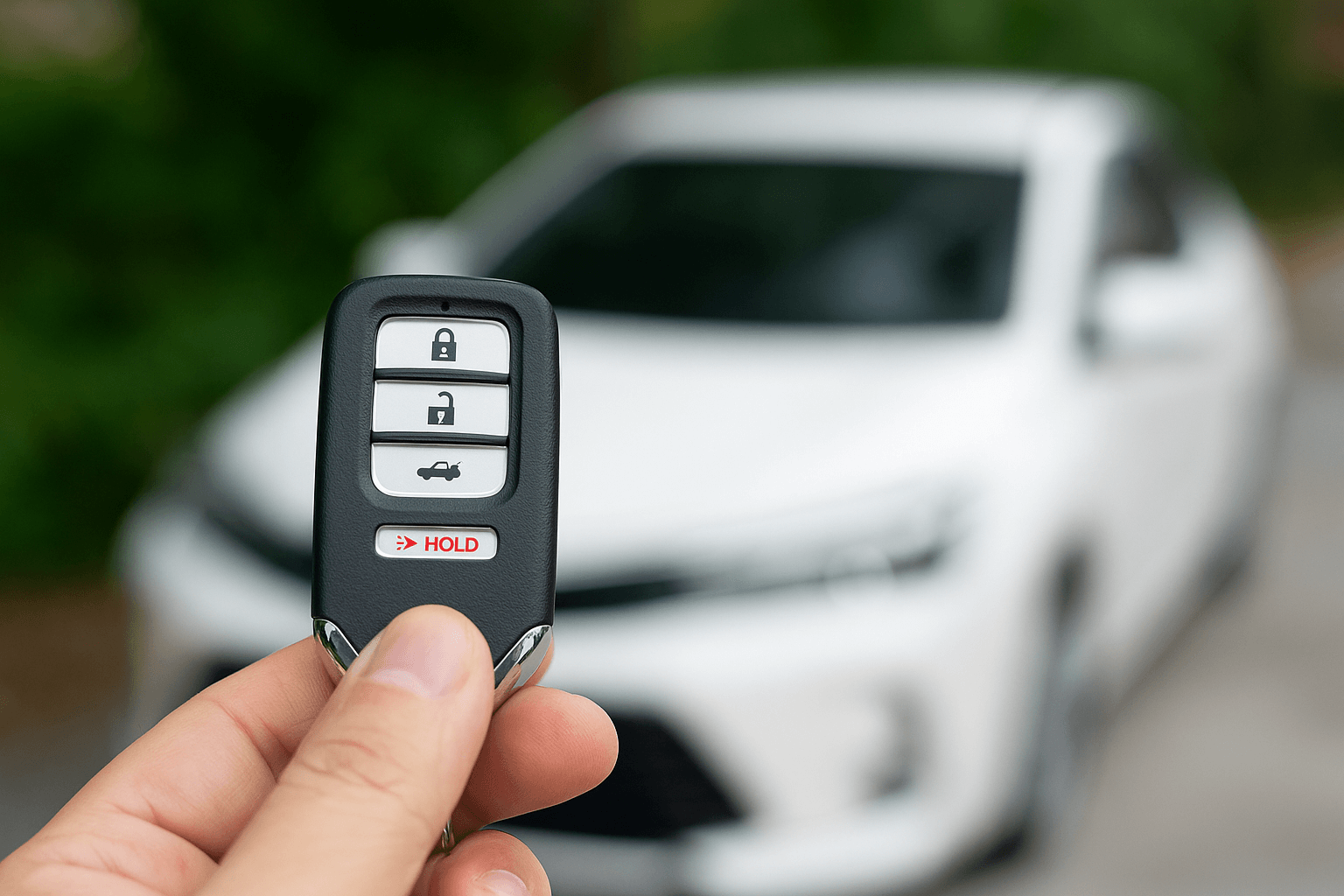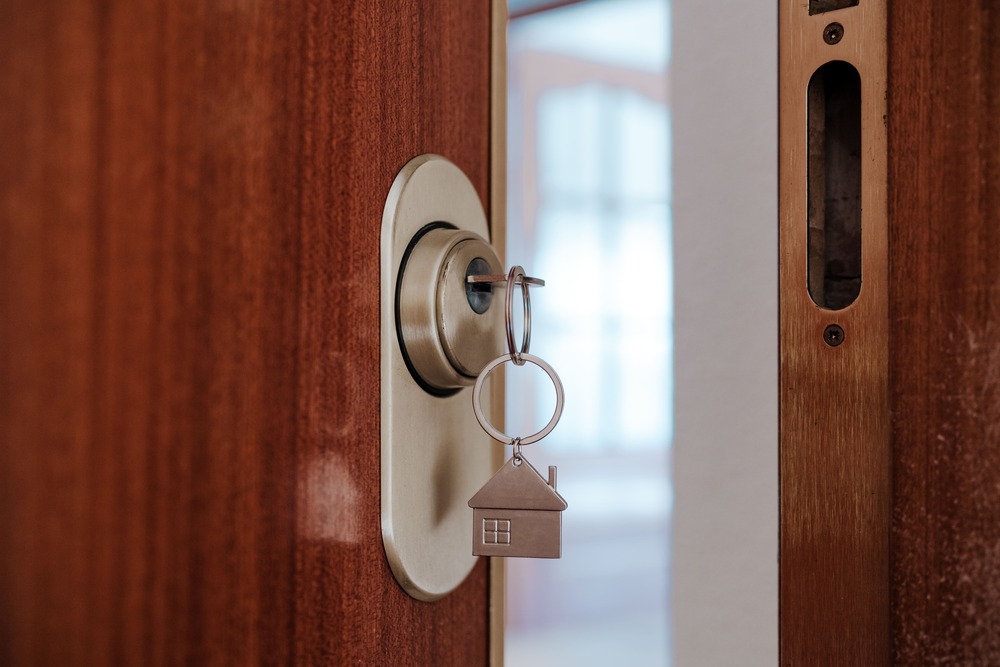Reduced Engine Performance: Symptoms, Diagnostics, and Solutions
When your vehicle isn’t performing as well as it should, it’s not just an inconvenience—it could be a sign of underlying issues that need immediate attention. Reduced engine performance can manifest in various ways, and understanding the symptoms can be the first step in getting your vehicle back to its optimal condition.
Common Symptoms of Reduced Engine Performance:
- Power Loss: The vehicle struggles to accelerate, climb hills, or carry loads it previously handled with ease.
- Poor Fuel Economy: A noticeable decrease in miles per gallon can indicate the engine is not running efficiently.
- Rough Idling: The engine may shake or vibrate while idling, indicating misfires or other malfunctions.
- Stalling: The engine may stall when at a stop or when power is required, such as during acceleration.
- Difficulty Starting: The vehicle may take longer to start, or it may require multiple attempts.
Call (305)860-1440 For 24/7 Service
Diagnosing Reduced Engine Performance:
- Computer Diagnostics: Modern vehicles are equipped with onboard computers that can be scanned for diagnostic trouble codes (DTCs), which can point to the source of the problem.
- Physical Inspection: Checking for visible issues such as worn belts, leaks, or damaged components can reveal common problems.
- Fuel System Test: A fuel pressure test can determine if the fuel system is delivering the necessary amount of fuel to the engine.
- Air Intake System Check: Inspecting the air filter and air intake for blockages can help identify issues that could restrict airflow to the engine.
- Ignition System Analysis: This involves checking spark plugs, ignition wires, and coils for wear or malfunction.
Solutions for Reduced Engine Performance:
- Maintenance: Regular tune-ups and replacing filters, spark plugs, and other wear items can often restore engine performance.
- Repair or Replace: Faulty components such as oxygen sensors, catalytic converters, MAF sensors, or fuel injectors may need repair or replacement.
- Software Updates: Sometimes, updating the engine control module (ECM) software can resolve performance issues.
Preventative Measures:
- Regular Service: Following the manufacturer’s maintenance schedule can help prevent performance issues before they start.
- Quality Parts and Fluids: Using high-quality replacement parts and the correct fluids can keep engine performance at its peak.
- Driving Habits: Avoiding harsh driving conditions and practices can reduce wear and tear on the engine.
FAQs on Reduced Engine Performance:
Q: How often should I have my engine checked for performance issues? A: Regular maintenance, including oil changes and inspections, should occur as per your vehicle’s service schedule—usually every 5,000 to 10,000 miles.
Q: Can driving with reduced engine performance damage my car? A: Yes, it can lead to further damage. For example, driving with a misfiring engine can harm the catalytic converter, leading to more costly repairs.
Q: What are the most common causes of reduced engine performance? A: Common causes include old spark plugs, clogged filters, failing sensors, or worn fuel system components.
Q: Is it expensive to fix an engine with reduced performance? A: The cost can vary greatly depending on the cause. Simple fixes like replacing air filters or spark plugs are relatively inexpensive, while more significant issues like a failing transmission can be costly.
If you’re noticing a dip in your vehicle’s performance, it’s crucial to address it without delay. For expert diagnostics and repairs, consider reaching out to Los Gemelos Locksmith. Our team of seasoned technicians can swiftly identify the root cause of the performance issue and offer effective solutions to get your vehicle running at its best. Don’t let reduced engine performance slow you down; contact us today for top-quality service and peace of mind on the road.







